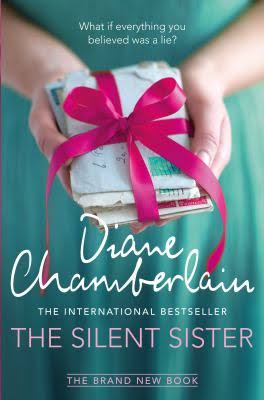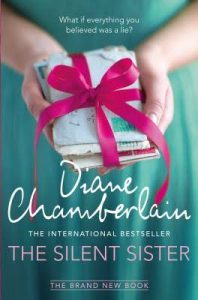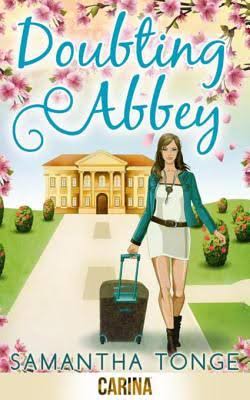“The perfect is the enemy of the good.”
This famous quote is from Voltaire’s Questions sur l’Encyclopédie, but in another of his works around the same time, he alluded to the Italian proverb he’d probably had in mind: “The best is the enemy of the good.”
Naturally, years before, Shakespeare had put in his pennyworth: “Striving to better, oft we mar what’s well,” says Albany in King Lear.
And way before Shakespeare was a twinkle in anyone’s eye, Confucius had expressed a similar sentiment: “Better a diamond with a flaw than a pebble without.”
I was unaware of any of these quotes when, over 20 years ago, I was wondering what I’d got myself into. I had two young children, a newly-started degree, a newly-started teaching assistant qualification, a demanding part-time job in the NHS, and another part-time role about to start.
I looked at my essay deadline calendar from the Open University. I looked at the overflowing laundry pile. I looked at my children (aged one and five at the time, so a year or so younger than they are here). And it occurred to me that I might have Taken On Too Much.
Luckily for me, OU chat groups were full of other people with the same doubts—frantically discussing time-management techniques and tips on how to handle a degree when you had a house, family and job. A ringing endorsement from a fellow student led me to the website of that doyenne of domestic management, Flylady (aka Marla Cilley).
That foray into her world was interesting, but after some time, I decided that ‘Flying’ –her system of managing yourself, your house, your clutter, and to some extent, your family—wasn’t for me.
But I hung on to the principles I found useful.
- “You can’t organize clutter; you can only get rid of it.” True.
- “You can do anything for 15 minutes.” This doesn’t mean you can always spend 15 minutes being a lion tamer or bungee-jumping, obviously. The quote underlines two of her principles:
- You can make progress on most things, even in just 15 minutes—you shouldn’t put that task off because ‘you only have 15 minutes, so it’s not worth starting’ (spoiler alert: it’s usually very much worth starting. You just don’t want to, or you feel overwhelmed by the task).
- You can cope with doing anything for 15 minutes—worth reminding yourself of if it’s something you’re dreading or procrastinating about starting. Whether the task before you seems overwhelming, uncomfortable, or just deadass boring, you only have to do it for 15 minutes. Then you’re allowed to skive off.
- And yes, she had her own version of the perfection principle expressed by Voltaire/an Italian proverb writer/Shakespeare/Confucius too: “Done is better than perfect.” She was mainly talking about housework here. Better for you to quickly take a mop over the floor than not clean it at all because you had no time to get down on your knees and scrub it thoroughly. And better for a family member to make the effort with a household task, even if it wasn’t done the way you like it.
Fast forward around 20 years or so to last year, and I started to read Gretchen Rubin’s excellent The Happiness Project. One of her Secrets of Adulthood, which might sound more than a little familiar, is:
“Don’t Let the Perfect Be the Enemy of the Good.”
Wise words indeed. And maybe I’ve passed this wisdom on to my son (or perhaps he had it all along). He was visiting recently, and mentioned he’d bought the ingredients to make his own sushi. This was something his older sister had done a few years ago on a passing whim, so I asked him if he’d bought a rolling board like she had. Did he want me to see if I could find it for him? He shook his head, put on one of his comedy voices, and muttered something meme-esque along the lines of, “Ain’t nobody got time for dat.”
Last week, he sent pictures of the sushi he’d made.
 His sister instantly teased him about its appearance with this gif.
His sister instantly teased him about its appearance with this gif.
But, as he said in reply, that’s what not having a rolling board does; it was still delicious. And that’s the whole point, isn’t it? He was only making it for himself, and it didn’t need to be perfect. Just tasty. If he had “strived to better” it, he might have “marred what was well,” to paraphrase the bard. I’m sure William S would have had good things to say about my son’s sushi efforts.
Of course, my reply was:
Because I am merciless and my son’s typo made me giggle. I foresee ‘delicious ong’ becoming a family joke.
In response, I just got a gif of a dog giving me the side-eye in response. Fair enough. I may not be the perfect mother, but in my defence, it’s because I’m trying so hard not to let the quest to be a perfect one get in the way of me being a good one. Right?













